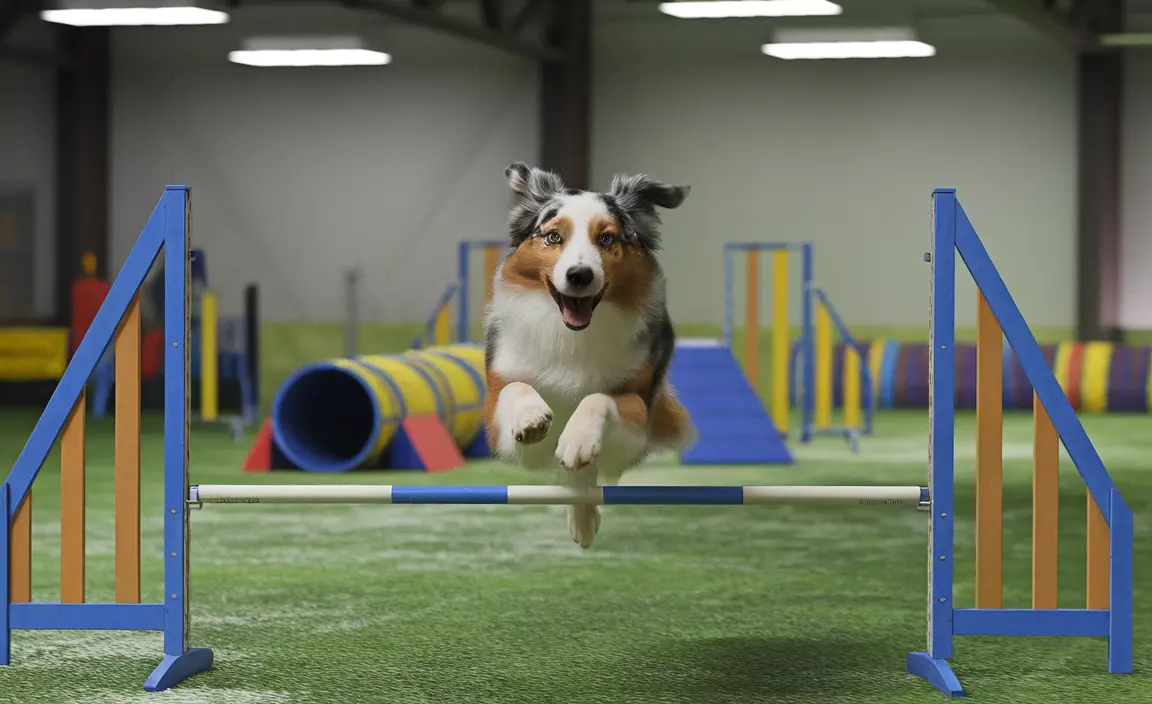Every dog owner wants to provide the best life possible for their furry companion. But have you ever wondered if your beloved pet is truly satisfied or silently experiencing boredom? Understanding canine mental stimulation is crucial for ensuring your dog leads a happy, fulfilling life beyond mere survival.
Dogs are intelligent, social creatures with complex emotional and psychological needs that extend far beyond basic physical care. While domesticated dogs may no longer need to hunt for survival, they still possess innate drives and instincts that require regular engagement and stimulation.
Why Dogs Experience Boredom
Boredom in dogs isn't just a human projection - it's a real psychological state that can significantly impact their overall well-being. Domesticated dogs, especially those living in urban or suburban environments, often lack the mental and physical challenges their ancestors experienced in the wild.
Breed-Specific Stimulation Needs
Different dog breeds have varying requirements for mental and physical stimulation. Working breeds like Border Collies, German Shepherds, and Huskies typically need more intense mental and physical challenges compared to more sedentary breeds. Their genetic predispositions mean they're hardwired for complex tasks and active engagement.
Signs of Canine Boredom
Recognizing boredom in dogs involves observing behavioral changes such as:
- Excessive chewing or destructive behavior
- Constant seeking of attention
- Lethargy or depression
- Repetitive behaviors
- Increased vocalization
Effective Strategies to Combat Dog Boredom
Mental Enrichment Activities
Providing mental stimulation is just as important as physical exercise. Puzzle toys, training sessions, and interactive games can significantly reduce boredom and improve your dog's cognitive function.
Physical Exercise and Engagement
Regular walks, play sessions, and varied activities help maintain your dog's physical and mental health. Aim for at least 30-60 minutes of active engagement daily, tailored to your dog's age, breed, and energy level.
Social Interaction and Training
Dogs are social creatures that thrive on interaction. Regular socialization with other dogs, participation in training classes, and consistent human engagement can dramatically reduce feelings of isolation and boredom.
Technology and Boredom Prevention
Modern pet technologies like interactive cameras, treat-dispensing devices, and smartphone-controlled toys can provide additional mental stimulation when owners are unavailable.
Frequently Asked Questions
Why do dogs get bored when left alone at home?
Dogs are pack animals that crave social interaction. When left alone without mental or physical stimulation, they can quickly become understimulated, leading to boredom and potential behavioral issues.
How can I tell if my dog is bored and needs more stimulation?
Look for signs like destructive behavior, excessive barking, restlessness, and attention-seeking actions. These often indicate your dog requires more engaging activities and interaction.
What are the best activities to keep my dog from getting bored?
Rotate activities including puzzle toys, training sessions, new walking routes, interactive games, socialization, and varied physical exercises to keep your dog mentally and physically engaged.
Can puzzle toys really make a difference in preventing dog boredom?
Absolutely! Puzzle toys challenge dogs mentally, providing cognitive stimulation that mimics problem-solving experiences their wild ancestors would have encountered while hunting or foraging.
How much exercise and mental stimulation does my dog need to stay happy and engaged?
Exercise and stimulation needs vary by breed, age, and individual personality. Generally, aim for 30-60 minutes of active engagement daily, combining physical activity with mental challenges.
Understanding and addressing your dog's need for stimulation isn't just about preventing boredom - it's about enriching their life and strengthening the bond you share. By being proactive and attentive, you can ensure your canine companion leads a fulfilling, joyful life.






